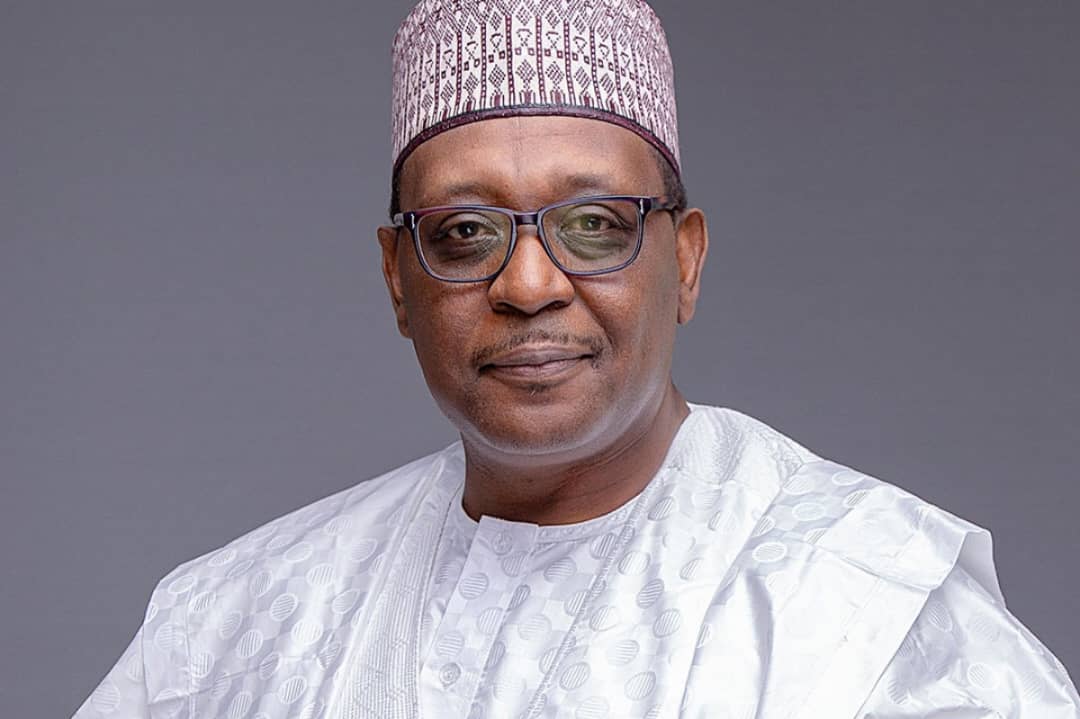Ali Pate, Nigeria’s Minister of Health, has emphasized the insufficient number of healthcare professionals in the country, considering its rapidly growing population.
Speaking to journalists after a three-day briefing with various departments and agencies under the Ministry of Health, Pate discussed the need for a blueprint to address Nigeria’s healthcare system.
Pate revealed that Nigeria’s healthcare workforce, which includes community workers, nurses, midwives, pharmacists, physicians, lab scientists, technicians, and auxiliaries, totals around 400,000. However, this workforce is inadequate to serve an estimated population of 220 million.
He pointed out that Nigeria’s doctor-to-population ratio falls below the standards set by the World Health Organization (WHO). He stressed the importance of producing more healthcare workers, potentially in excess, as there is a global shortage of approximately 18 million health professionals.
Pate also highlighted the potential for healthcare workers who have left the country to return if infrastructure is improved, and they are treated with respect.
While discussing the issue of medical tourism, the minister acknowledged that it is a trend present in many countries, whether developed or developing. However, he emphasized the importance of not using public financing for medical tourism and missing the opportunity to retain resources within the country.
He mentioned the concept of unlocking the healthcare value chain, which includes mobilizing private capital to invest in physical infrastructure and human resources. This approach aims to provide the services that people currently seek abroad, such as in India, within Nigeria, reducing the need for medical tourism.
Pate expressed the government’s commitment to supporting and developing the Nigerian health workforce and expanding the healthcare value chain as part of its healthcare system improvement efforts.




